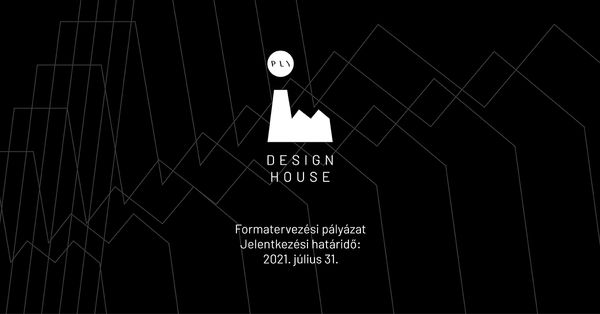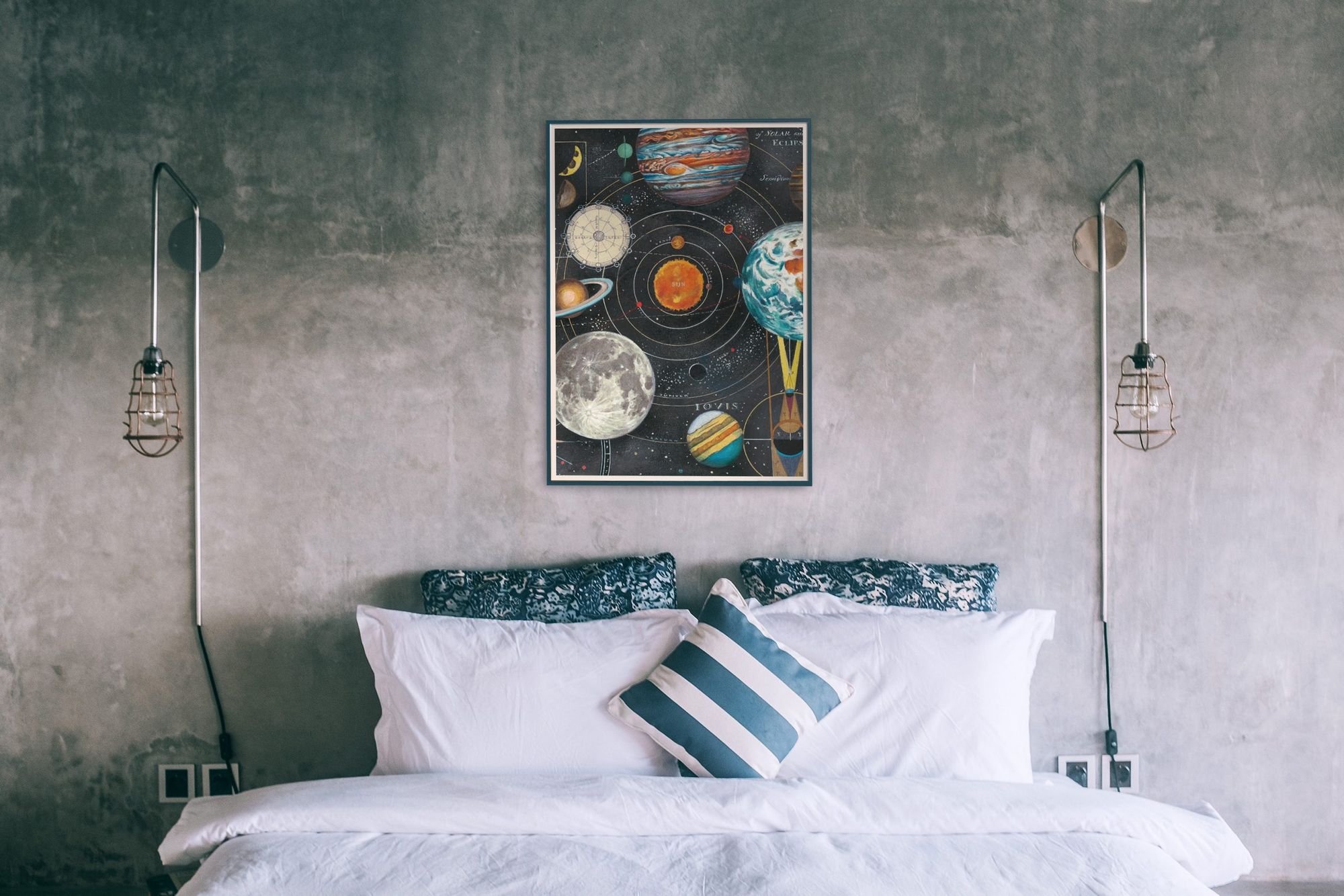He learned how to bake bread and became more considerate in terms of finance: Károly Boldizsár, the founder of the stationery brand Bomo Art Budapest, has also learned tolerance thanks to the coronavirus, and he had time for product development and experimentation as well. Although the lack of tourists had an effect on Bomo, thanks to the loyalty of its customers and staff, the brand was able to stay afloat and had things to draw strength from. Károly Boldizsár tells us about the experiences of the last year.
It’s now been more than a year that we are forced to live together with the changes caused by the pandemic. How has the coronavirus affected your business?
Like all businesses, we were affected by COVID, and unfortunately, it was a negative effect. This was mainly reflected in our traffic: there were and are no foreign tourists, and the Hungarian customers don’t shop the same way they used to. The “love at first sight” type of impulse shopping in its classic sense has almost completely been transferred to the online space. People no longer browse in front of shop windows, but on the internet. They come into contact with objects and products through a screen, and perhaps as a result of this, many people are disappointed, according to the way I see things.
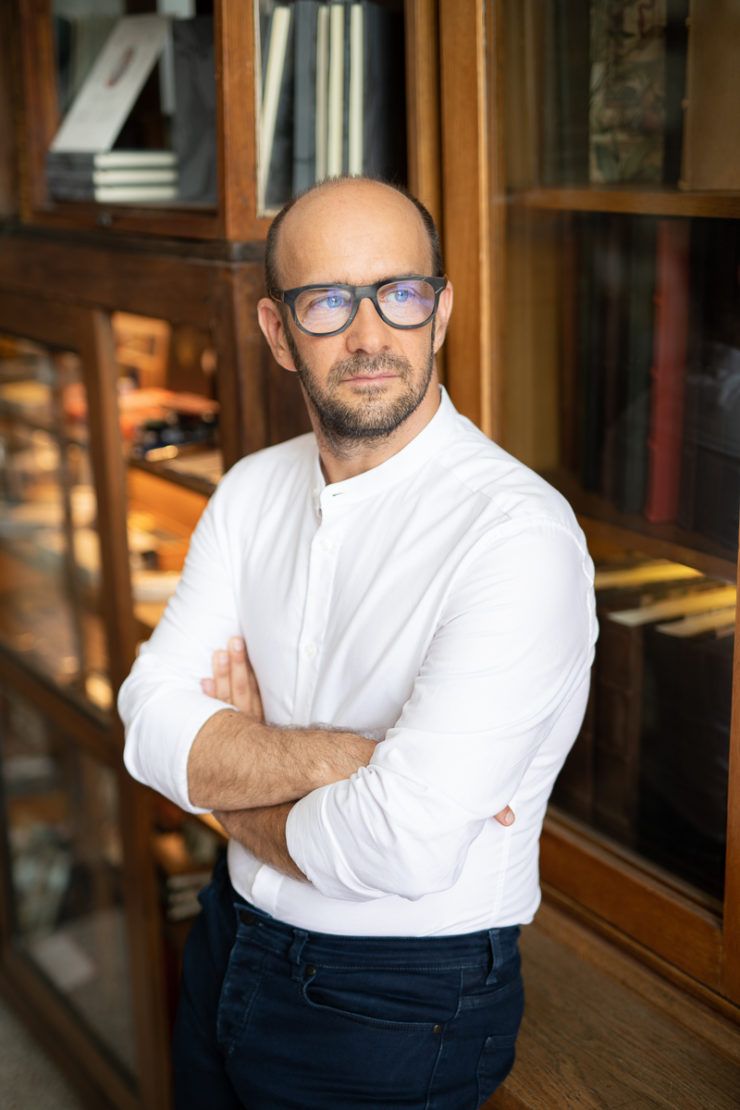
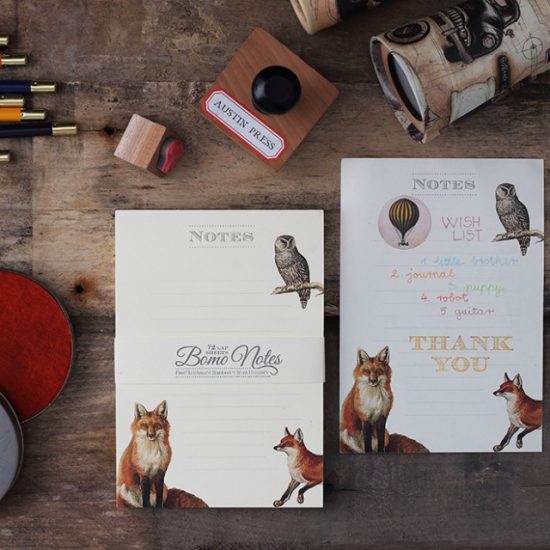
The most worrying aspect of this current situation is still uncertainty: that we are hanging in the air; not just me but my colleagues and everyone else as well. Like many other brands, we are now focusing primarily on webshop sales and online presence. The development of our webshop is a long-planned project for us—my colleague Judit has been working on it with our web developers for more than a year now. If everything goes well, the new version will be ready by the end of May. We were able to spend much more time on performing such tasks during the closures, for example. Maybe if it wasn’t for the pandemic, we would have been working at our usual pace and had less time for the new webshop. I can’t wait to show you the results!
The sale of Budapest-themed products fell due to the lack of foreign customers, but fortunately, all our other products ran with the usual success: our internet sales doubled and even tripled during the Christmas period. We were very happy about that. But we still really miss live markets, of course.
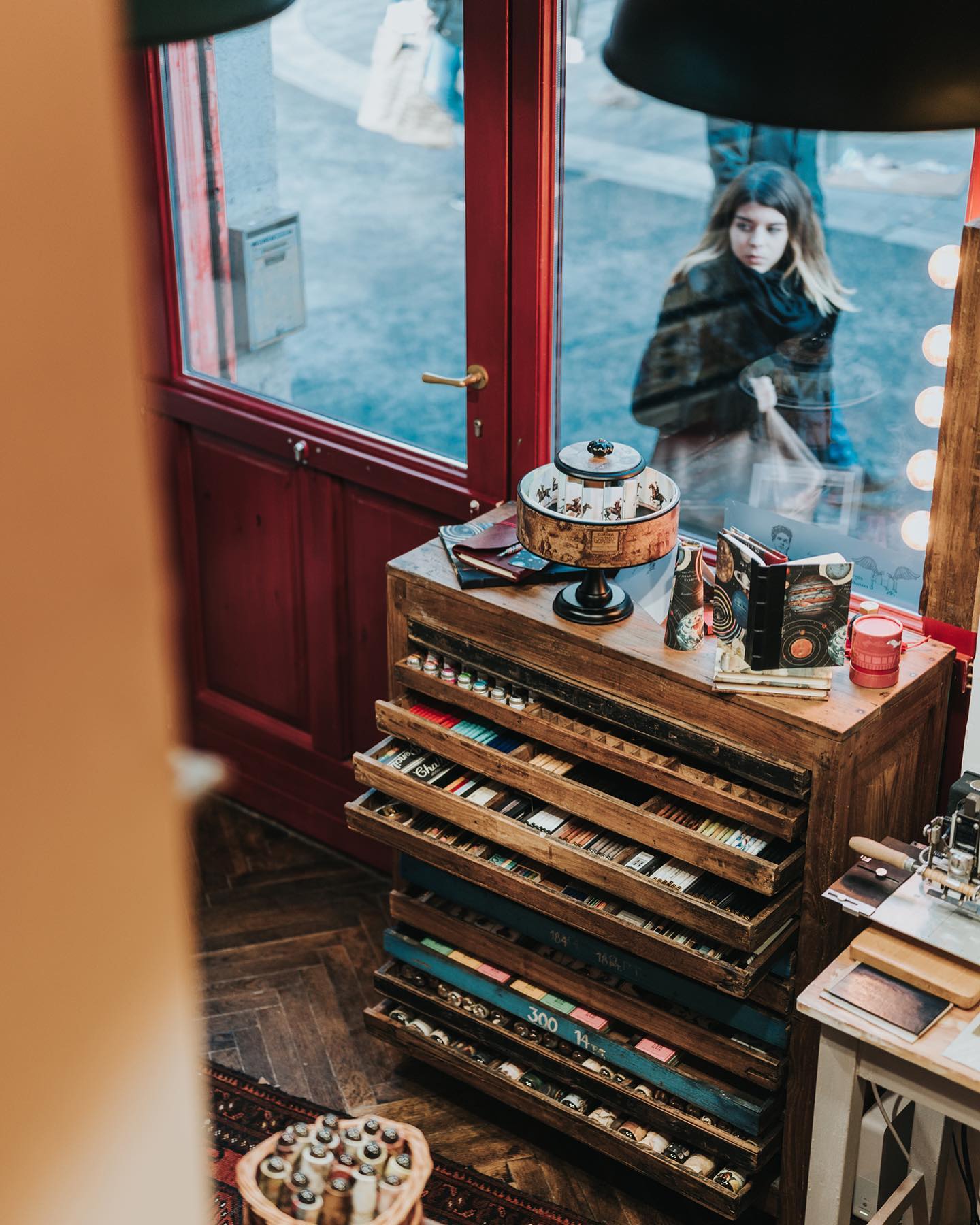
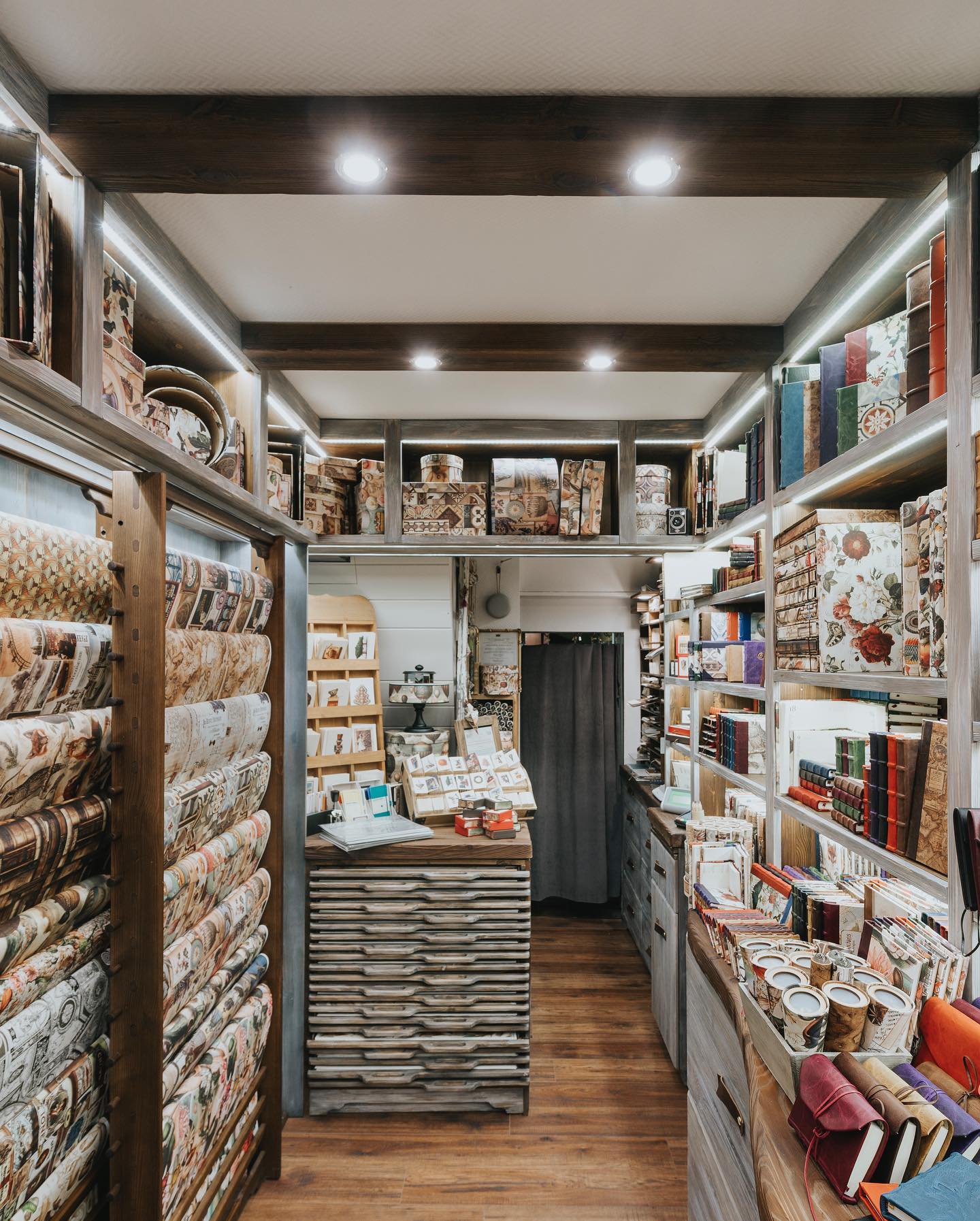
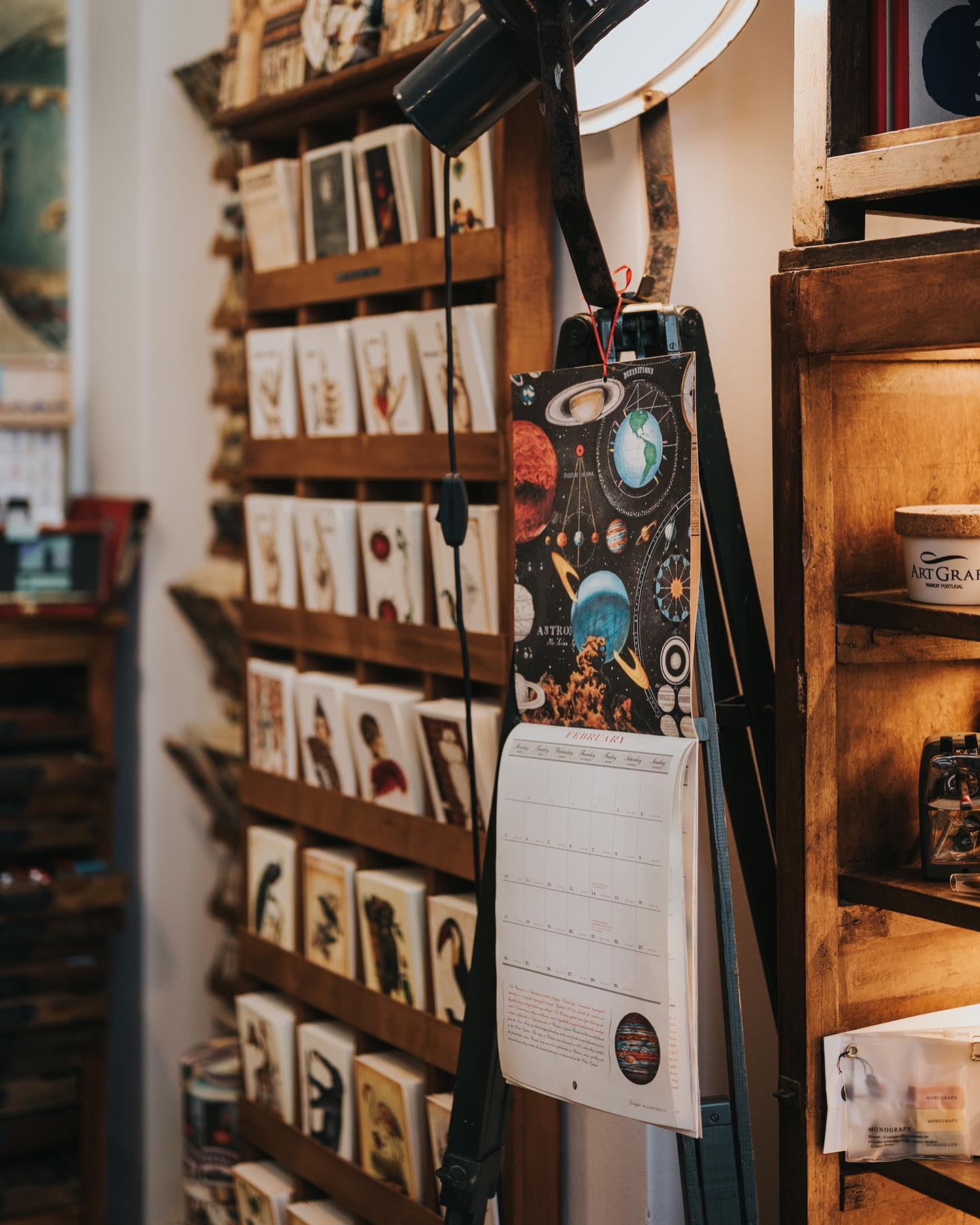
In the meantime, it turned out that our customers and employees are very loyal to Bomo. It feels great to see this—survival wouldn’t have been possible without them. In October, we received the “City of the Future” Award from Budapest’s District V: this meant some financial support, but for us, the gesture of recognizing and rewarding our twenty years of existence in our Régiposta Street shop was way more important. So there’s always a way to go on, and we always have goals—this is what gives us strength. Seeing that people love us, that Bomo has grown into a real love-brand gives us a lot.
As for changes: I have become much more thoughtful in the field of finance, I think twice before I buy any raw material. Besides this, our bookbinding girls have been experimenting a lot in the workshop with new products and materials: this is how our new embossed diaries and Bomo Prints were born—the latter may not be due primarily to the pandemic, but it was undoubtedly much more needed than ever.
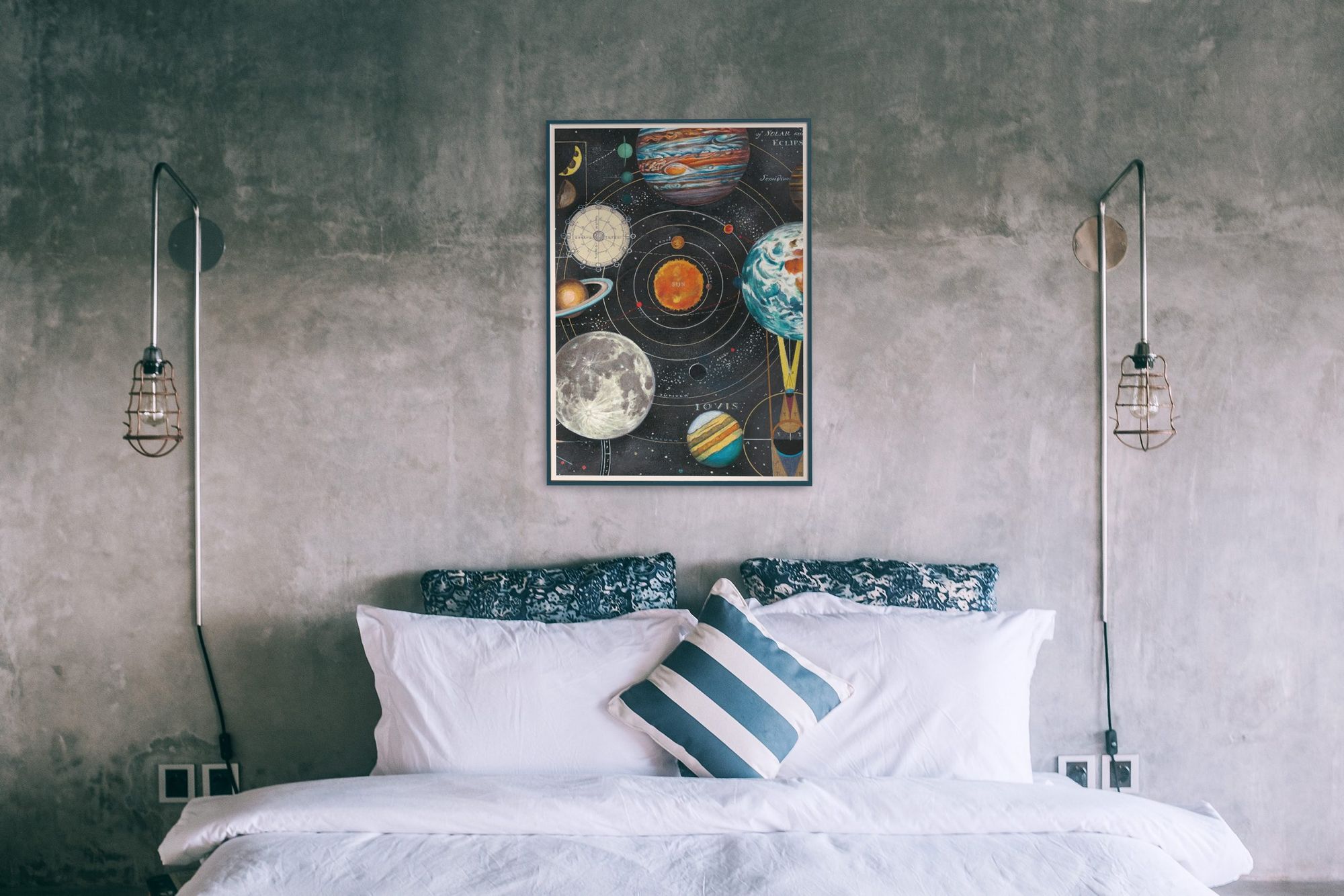
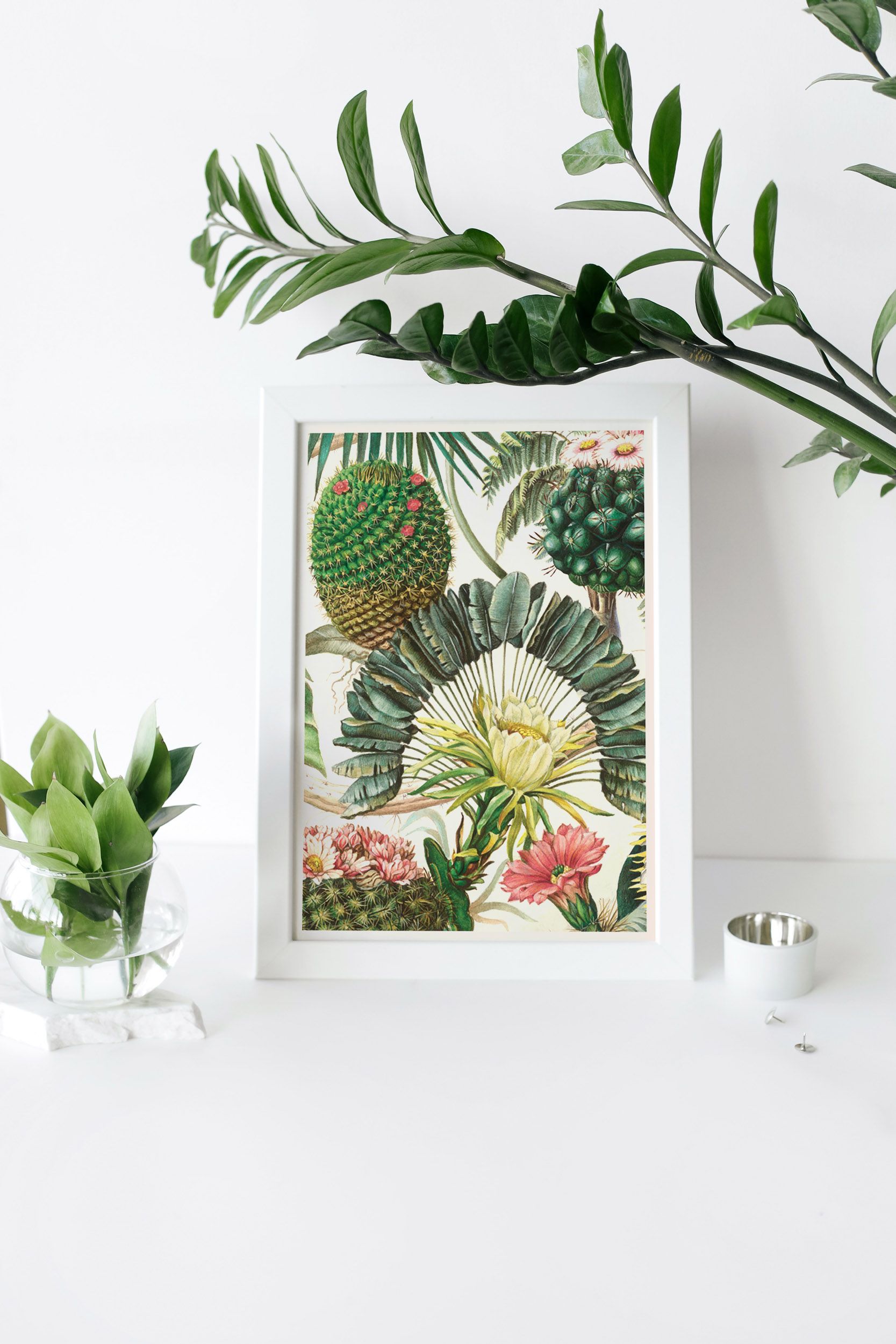
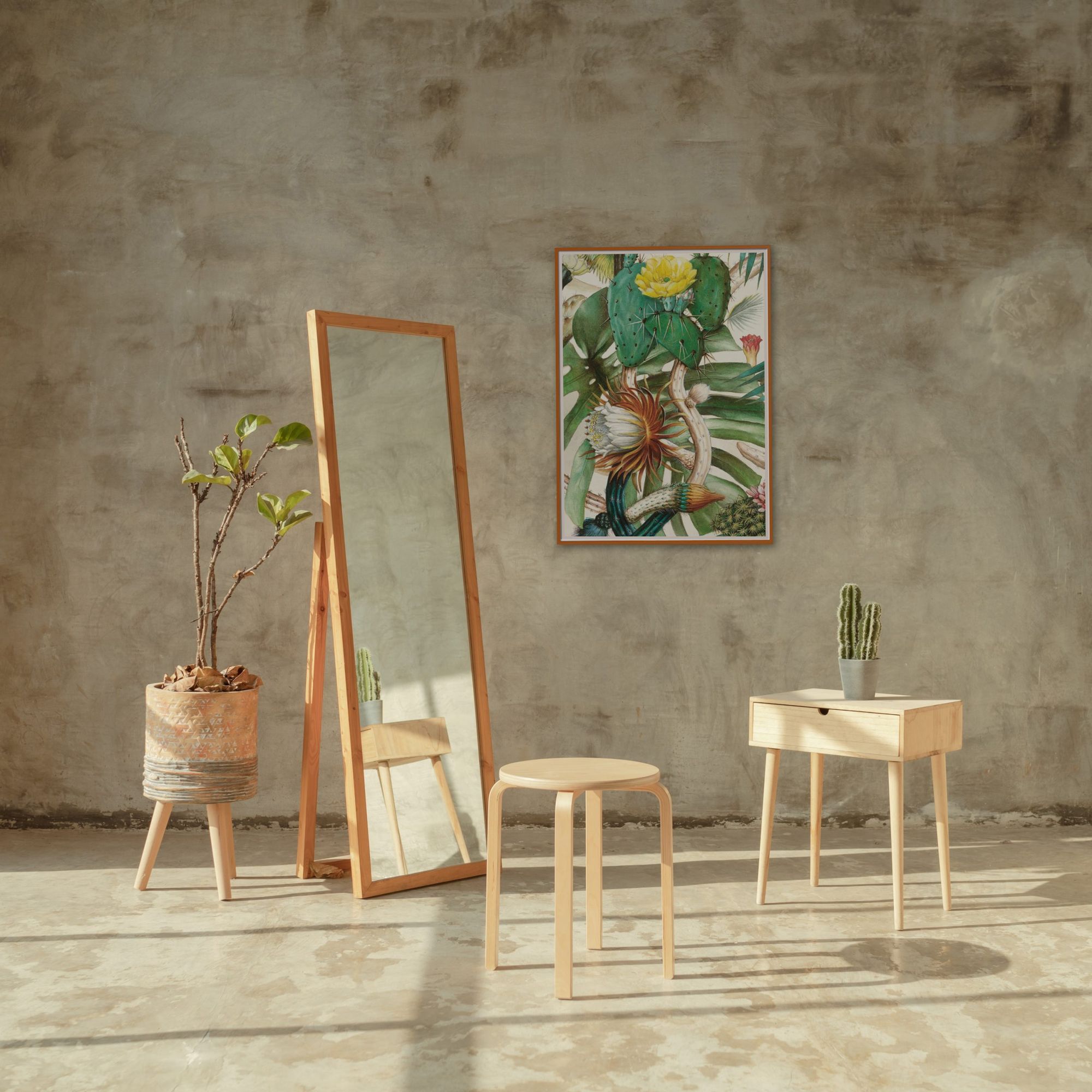
If you’ve learned something from the pandemic, what was it?
To save money! It’s smarter to watch the pennies: not in the wrong sense, just simply by setting the right order of importance and avoiding carelessness. But thanks to the pandemic, I’ve also learned how to bake bread. Within the company, my colleague Judit also pursues this craft to a high degree. By now, my loaves of bread have become satisfactory as well. I’ve also learned to skateboard, apart from COVID: My friend Marcell and I used to skate a lot during the lockdown, he is my master!
Another thing I’ve learned is to be tolerant. We spent a LOT of time together at home, and it was great to experience that we didn’t get on each other’s nerves—somehow, everyone tolerated the other instinctively. There were no big fights, or if there were, we managed to resolve them together. And not just in the family, but also in the workplace, as the routine we’ve been working on so far has been completely turned on its head: we only meet colleagues in the office once a week—we keep in touch via video and phone calls, which is much harder, at least for me. Things are moving at a different pace and consuming a lot more energy than before.
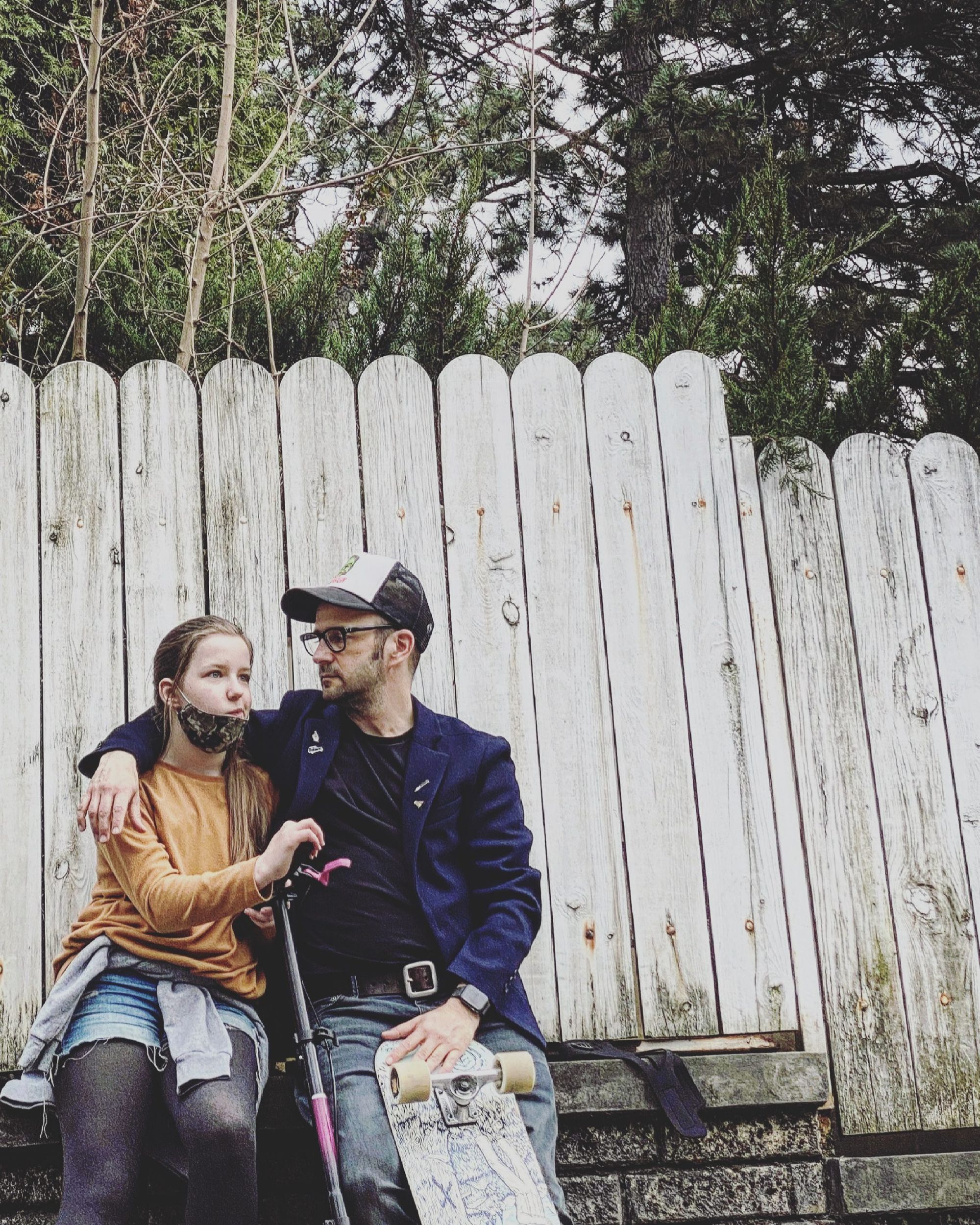
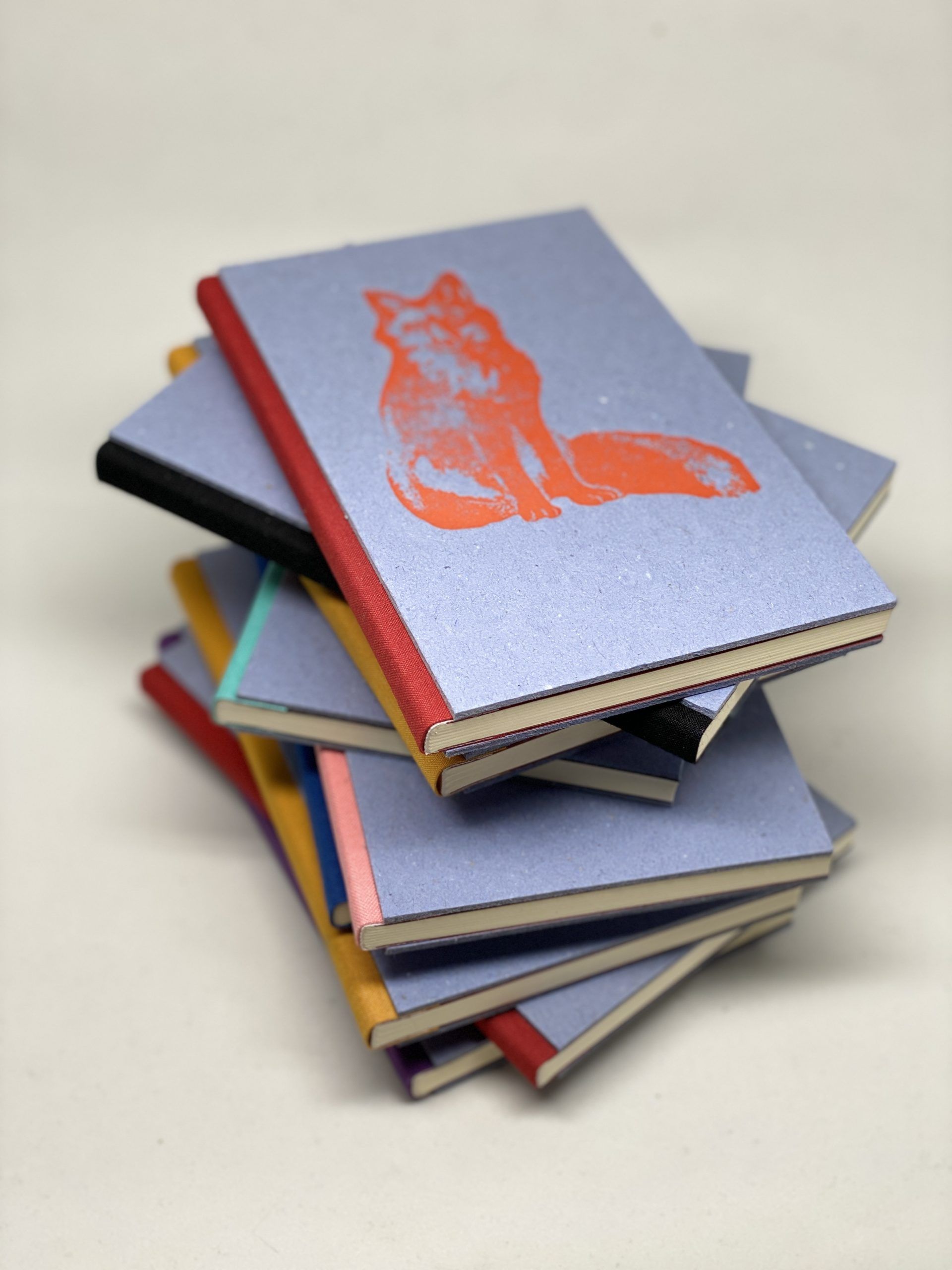
Bomo Art Budapest | Web | Facebook | Instagram

It's over for Calibri: Microsoft is looking for a new font
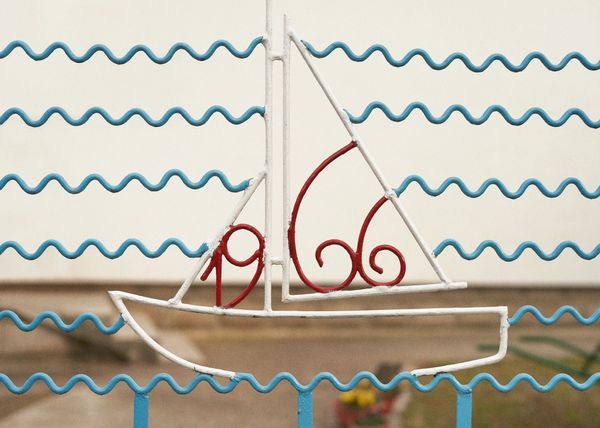
Fences around Lake Balation, photographed by Marietta Varga and Fülöp Schmal
